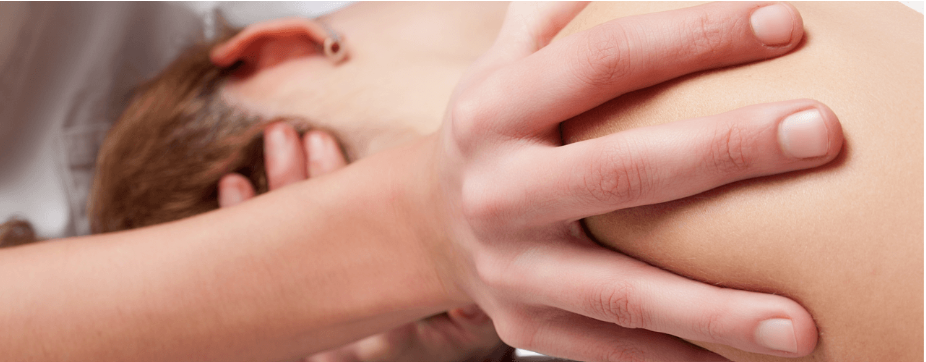How We Treat >> Mulligan’s Concept

At Good Hands Physical Therapy, in Bridgewater, NJ we provide the Mulligan’s Concept for relieving pain and improving joint mobilization for our patients. This form of manual therapy is named after New Zealand physiotherapist Brian Mulligan. Mulligan’s idea of manual therapy coined the terms “mobilizations with movement” (MWMS) of the extremities, and “sustained natural apophyseal glides” (SNAGS) of the spine. These terms are vital to the application of Mulligan’s Concept, using a combination of physical therapist-conducted services, as well as physical patient movements.
The techniques of the Mulligan’s Concept may include the use of foam pads or mobilization belts. These techniques are known as “Revenue Reduction Techniques” and aim for effective, quick, and easy recovery that can be replicated at home. This way you can work on recovery even when you’re not in the clinic!
Our Bridgewater, NJ physical therapists are guided by the simple rule to avoid causing any pain to their patients through the Mulligan’s Concept. Instead, we apply MWMS and SNAGS to mobilize joints and the spine in an easier, more painless way. By using this concept, we can reduce pain and stiffness, as well as help correct positional problems and diminish pain.
Mulligan’s Concept can be used to treat many different acute and chronic conditions, from an ankle sprain to chronic joint pain. However, similar to the application of any other pain relieving concept, a thorough evaluation of the patient must be completed first. Our Bridgewater, NJ physical therapy treatments are proven to be successful for many different kinds of conditions, especially patients struggling with joint related pain or range of motion limitations because of joint issues.
If you are dealing with a nagging joint pain and believe you may benefit from an application of the Mulligan Concept in your treatment plan, contact Good Hands Physical Therapy today to schedule your appointment. We’ll get you back to moving normally again, without worrying about pain.

© Good Hands Physical Therapy 2023 | All Rights Reserved